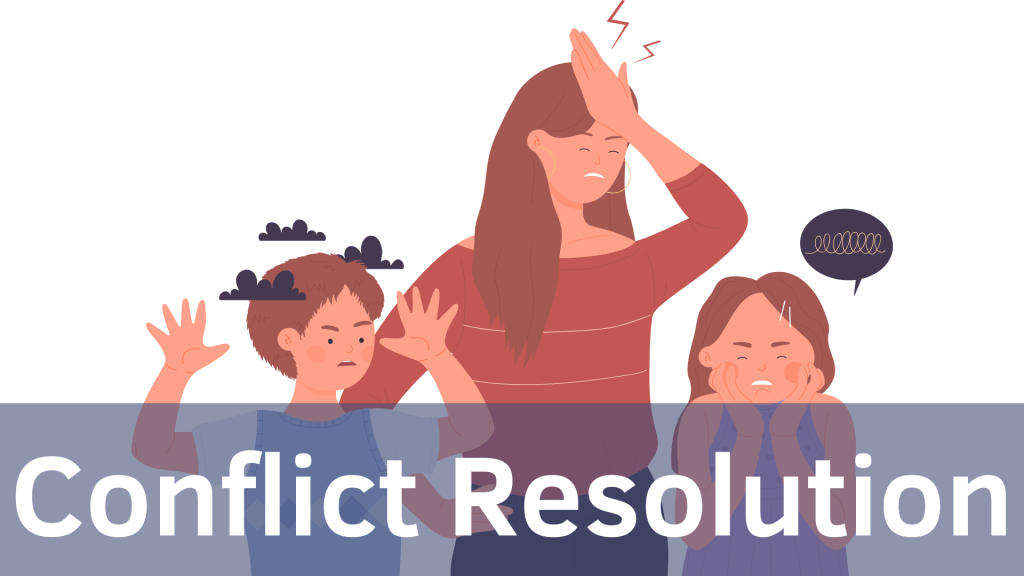Introduction
Setting boundaries is a crucial aspect of personal growth and healthy relationships. As parents, it is our responsibility to teach our children about personal boundaries and guide them in respecting the boundaries of others. By doing so, we empower them to navigate social interactions with empathy, self-awareness, and assertiveness. In this article, we will explore the significance of boundaries, why empathy plays a vital role, and practical ways parents can help their children develop these essential skills. Through modeling behavior, embracing diversity, and encouraging open communication, parents can lay the foundation for their children’s lifelong ability to set and respect boundaries.
Understanding the Importance of Boundaries
Boundaries are limits we set for ourselves and others to feel safe, respected, and secure. They encompass both physical and emotional aspects of our lives. For children, boundaries are especially crucial as they are still discovering their identities and learning about the world. Establishing boundaries helps children develop self-esteem, self-awareness, and a sense of control over their lives. By understanding their own boundaries, children can also begin to respect the boundaries of others, fostering healthy relationships built on mutual respect.
The Role of Empathy in Boundary Development
Empathy is the ability to understand and share the feelings of others. While teaching empathy to young children might seem challenging, it is essential to help them develop an awareness of others’ emotions and needs. By incorporating empathy into their daily lives, children can use it as a guide for their behavior. Parents can facilitate empathy development by encouraging children to express their feelings, discussing how others might feel in certain situations, and using age-appropriate examples. Through empathy, children learn to recognize the impact of their actions on others, promoting a deeper understanding of personal boundaries.
Practical Strategies to Foster Boundary Setting
- Model Behavior: Children learn best by observing their parents. By modeling healthy boundary-setting and respectful communication, parents set an example for their children to follow. Parents can demonstrate checking in with each other before making decisions or asking friends about their feelings, emphasizing the importance of respecting others’ boundaries.
- Encourage Assertiveness: Teaching children to advocate for themselves when others ignore their boundaries is crucial. Parents can help their children plan appropriate responses and provide them with simple phrases to assert their needs, such as “Please stop,” “I don’t like that,” or “It’s my turn now.” This empowers children to stand up for themselves and reinforces the importance of respecting personal boundaries.
- Discuss Examples: Engaging children in discussions about boundary-related scenarios from books, movies, or real-life situations can enhance their understanding of boundaries. By asking questions like “How do you think they felt?” or “Is it ever okay to do that?” parents encourage critical thinking and empathy in their children.
- Embrace Diversity: Encouraging interactions with individuals from diverse backgrounds fosters empathy and understanding. When children engage with others who look, behave, or think differently, they learn to consider different perspectives and respect individual boundaries. Activities that promote inclusive play and collaboration provide valuable opportunities for children to interact with diverse peers.
- Respect Affection Boundaries: Teaching children that showing affection should always be a choice is essential. Parents should allow their children to decide when and how they express physical affection. Respecting their boundaries and providing alternative ways to show respect, such as waving or shaking hands, reinforces the importance of consent.
Conclusion
As parents, helping our children understand and respect personal boundaries is a fundamental aspect of their overall development. By setting boundaries and empowering our children to do the same, we equip them with essential life skills that contribute to their well-being and success in relationships. Through modelling behavior, fostering empathy, and providing practical strategies, parents can support their children’s journey in developing self-awareness, assertiveness, and empathy. By investing time and effort into teaching boundaries, parents lay the groundwork for their children’s healthy relationships and personal growth, ensuring they navigate the world with respect for themselves and others.




